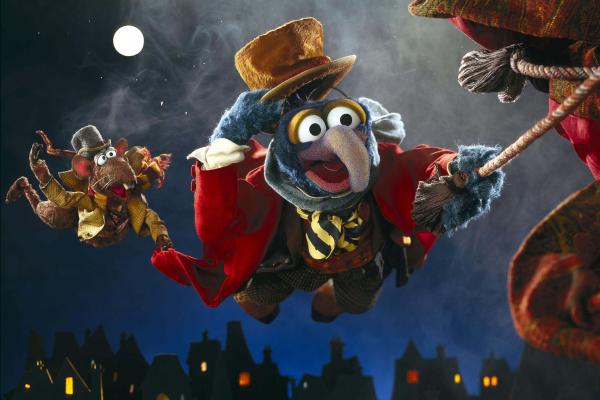Dec 12, 2022
The 1992 classic is full of wonders you can’t find anywhere else: Michael Caine starring in a children’s movie, a ghost of Christmas future that haunts me every time I consider splurging on frivolities, and a drum set at a Victorian England Christmas party. But the movie isn’t just a fun, Muppet-y take on Charles Dickens’ classic novella; it’s also a compelling screenplay with heart-warming, humorous songs that offer a radical Christmas message of “cast down the mighty … send the rich away empty.”
Read the Full Article

Already a subscriber? Login
